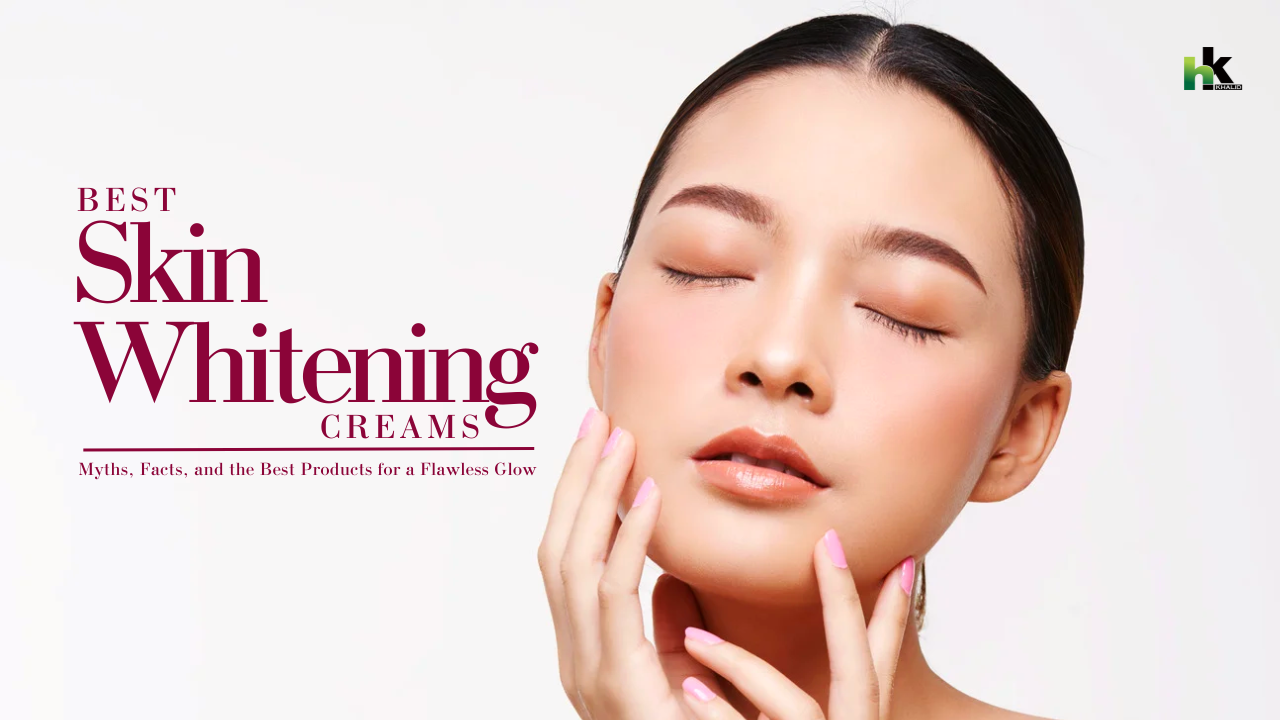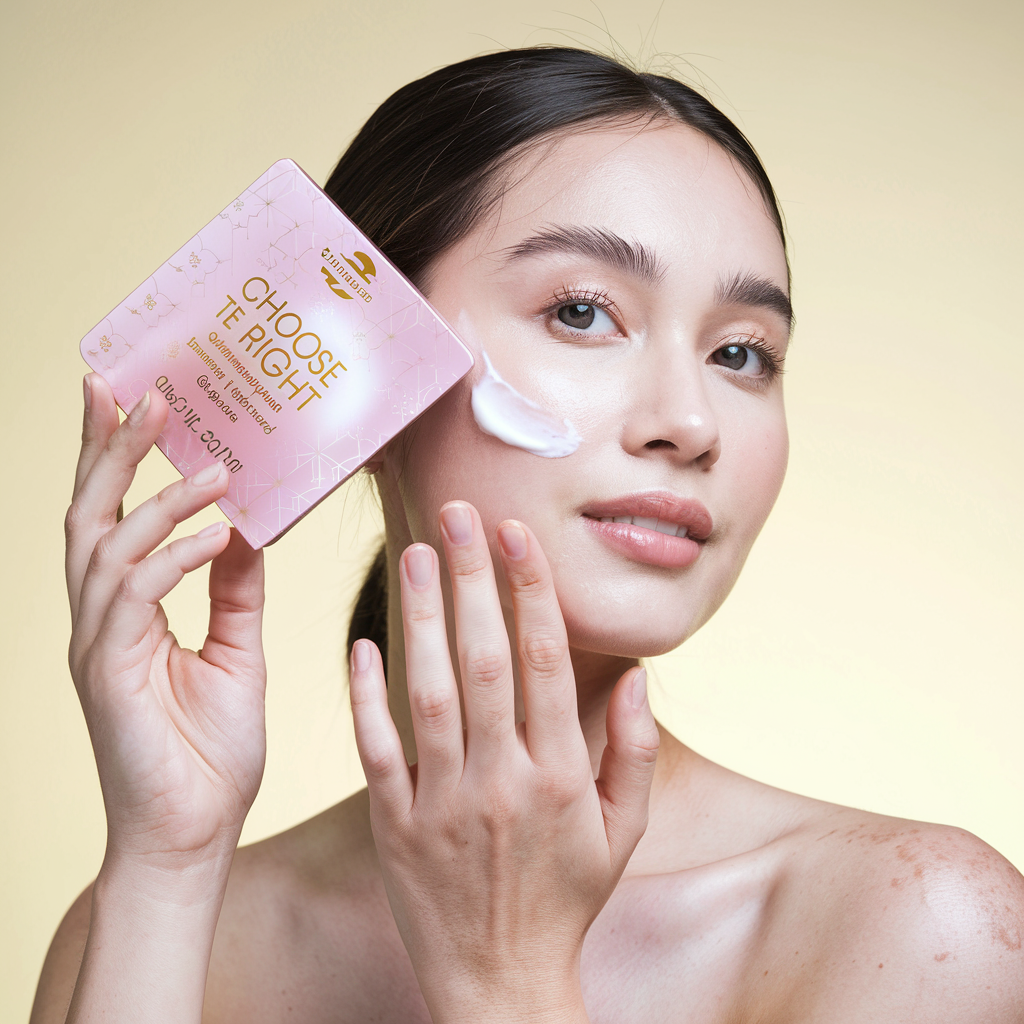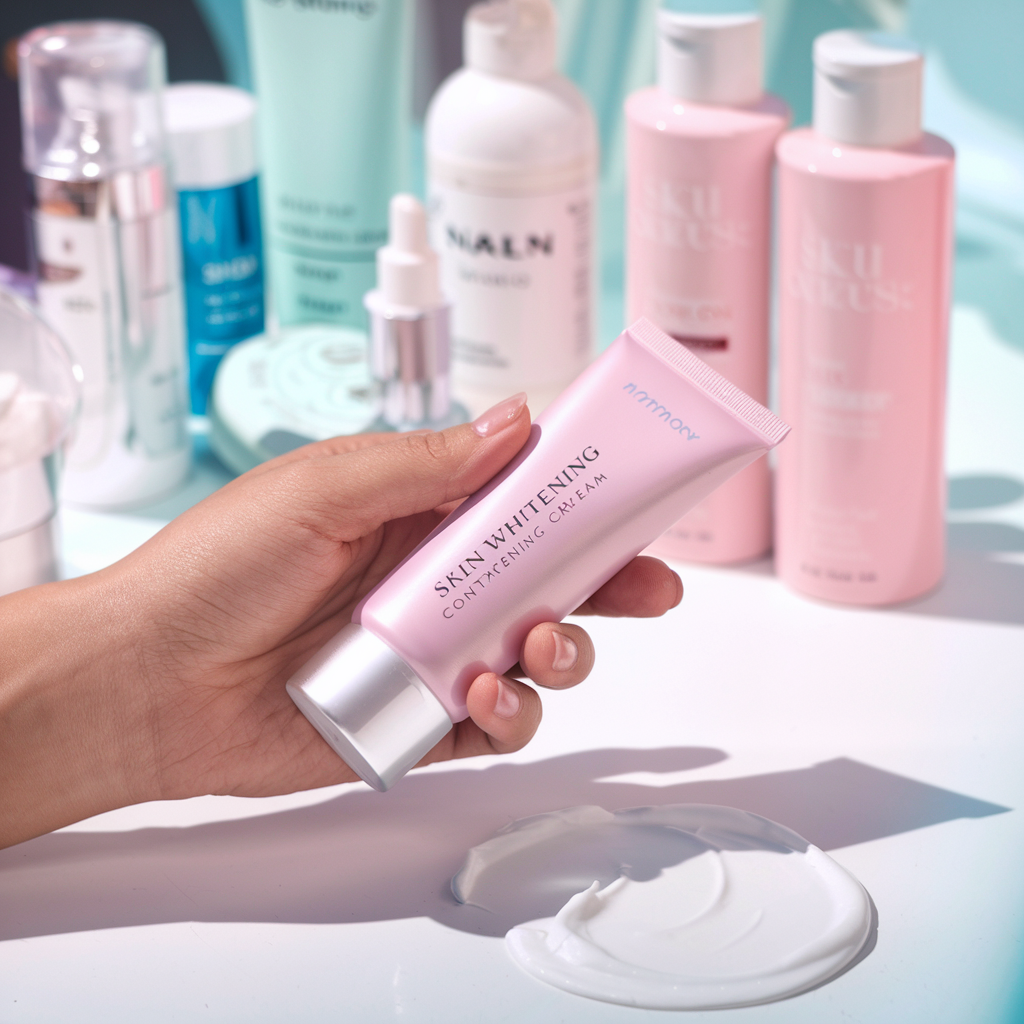
Skin Whitening Creams: Myths, Facts, and the Best Products for a Flawless Glow
When it comes to skincare, achieving a radiant and even complexion is often high on the wish list. For many, this leads to an exploration of skin whitening creams—a category of products shrouded in both promises and controversies. Whether you’re looking to address dark spots, hyperpigmentation, or simply achieve a glowing skin tone, it’s essential to separate myths from facts. Let’s dive into the world of skin whitening creams to unpack their purpose, dispel common misconceptions, and explore the top products available today.
Why Do People Use Skin Whitening Creams?
First, let’s set the record straight: skin whitening isn’t about changing your natural skin tone permanently or erasing your identity. Most people who turn to these creams aim to address specific skin concerns like:
- Hyperpigmentation: Dark patches caused by excess melanin production.
- Dark Spots: Often a result of acne scars, sun damage, or aging.
- Melasma: Hormonal pigmentation, common during pregnancy.
- Uneven Skin Tone: Caused by environmental damage or genetics.
For many, it’s about achieving a more even complexion or restoring the natural glow dulled by external factors. However, misconceptions surrounding these products often muddle their intended use.
Myths About Skin Whitening Creams
- Myth: Skin Whitening Creams Can Change Your Skin Tone Permanently
One of the biggest myths is that these creams can completely alter your skin tone. In reality, most skin whitening products work by reducing melanin production in targeted areas or brightening the skin to enhance its natural radiance. They don’t turn dark skin light—they improve its evenness and health. - Myth: They’re All Unsafe
The safety of skin whitening creams depends on their ingredients. Historically, some products have included harmful chemicals like mercury or excessive hydroquinone. However, many modern formulations use safer alternatives like niacinamide, vitamin C, and plant-based extracts. - Myth: They Work Overnight
Let’s debunk the “miracle cream” myth. Skin whitening creams, like all skincare products, take time to show results. Expect visible changes after consistent use over 4–6 weeks, depending on the product and your skin type. - Myth: They’re Only for Women
Men are just as likely to face pigmentation issues, and many products cater to all genders. Skincare is universal—there’s no gender exclusivity here.
The Science Behind Skin Whitening Creams
To understand how skin whitening creams work, it’s helpful to know a bit about melanin—the pigment responsible for skin color. Hyperpigmentation occurs when melanin production goes into overdrive due to factors like sun exposure, hormonal changes, or skin trauma.
Skin whitening creams typically target this process through:
- Melanin Inhibitors: Ingredients like hydroquinone, arbutin, or kojic acid slow melanin production.
- Exfoliants: AHAs and BHAs promote cell turnover, shedding pigmented skin layers.
- Antioxidants: Vitamin C and licorice extract combat free radicals and brighten the skin.
How to Choose the Right Skin Whitening Cream?

With a sea of options, how do you pick the one that’s right for you? Here are a few tips:
- Check the Ingredients
Look for safe, effective ingredients like:- Vitamin C: A powerful antioxidant that brightens and repairs.
- Niacinamide: Great for reducing redness and pigmentation.
- Licorice Extract: A natural melanin inhibitor.
Avoid products with harsh chemicals like mercury, steroids, or excessive hydroquinone.
- Consider Your Skin Type
- Dry Skin: Opt for moisturizing formulations with ingredients like glycerin or hyaluronic acid.
- Oily Skin: Look for lightweight, non-comedogenic options.
- Sensitive Skin: Choose gentle, fragrance-free products.
- Read Reviews
User reviews can provide insights into real-life results and potential side effects. - Patch Test
Before applying a new product to your face, test it on a small patch of skin to ensure you don’t have an adverse reaction.
Best Skin Whitening Creams for a Flawless Glow
Now that we’ve covered the basics, let’s look at some top-rated skin whitening creams loved by dermatologists and beauty enthusiasts alike:
- HK Khalid Skin Whitening Cream: HK Khalid Skin Whitening Cream become popular with its natural, multitasking formula, you’ll enjoy safe and effective results in no time.
- Meladerm by Civant: Known for its gentle yet effective formula, Meladerm combines natural ingredients like licorice root and bearberry extract to target dark spots and uneven skin tone. It’s free from hydroquinone, making it a safer choice.
- Olay Luminous Tone Perfecting Cream: This drugstore favorite is packed with niacinamide and antioxidants to visibly brighten the skin while maintaining its moisture balance.
- Kojie San Lightening Cream: Featuring kojic acid, a natural skin brightener, this cream is ideal for tackling pigmentation issues caused by sun damage or acne scars.
- Murad Rapid Age Spot and Pigment Lightening Serum: A dermatologist-approved option, this serum contains hydroquinone and glycolic acid to fade dark spots and smooth skin texture.
- The Ordinary Alpha Arbutin 2% + HA: Affordable and effective, this lightweight serum pairs alpha arbutin with hyaluronic acid for targeted brightening without drying the skin.
- Innisfree Whitening Pore Cream: For fans of K-beauty, this cream uses tangerine peel extract to improve skin clarity and reduce pore visibility.
Tips for Using Skin Whitening Creams Effectively

- Consistency is Key: Apply the product as directed, usually twice a day, to see results over time.
- Sunscreen is Non-Negotiable: Skin whitening creams can make your skin more sensitive to the sun. Always use a broad-spectrum sunscreen with SPF 30 or higher.
- Don’t Overdo It: More isn’t always better. Overuse can lead to irritation or uneven results.
- Pair with a Healthy Routine: Complement your cream with a balanced diet, proper hydration, and gentle exfoliation.
Addressing Controversies Around Skin Whitening
It’s impossible to talk about skin whitening without acknowledging its cultural and societal implications. For years, unrealistic beauty standards have perpetuated the idea that lighter skin is more desirable. This is problematic and damaging, as beauty comes in all shades.
Modern skincare brands and advocates are shifting the narrative, focusing on skin health, confidence, and addressing specific concerns rather than promoting unattainable ideals. When choosing products, focus on your personal skincare goals, not societal pressures.
Conclusion:
Skin whitening creams can be a valuable addition to your skincare arsenal if you’re looking to address pigmentation, dark spots, or uneven skin tone. The key is to approach them with realistic expectations, prioritize safety, and embrace the skin you’re in.
Remember, your skin tells your unique story. A little glow-up is fine, but nothing beats the confidence of feeling comfortable in your own skin—flaws and all. So, take your time, find what works for you, and don’t forget to shine in your natural beauty.
Would you like to know more about any of the products mentioned? Or perhaps tips for incorporating them into a complete skincare routine? Let me know, and let’s keep this glow-up journey going!

